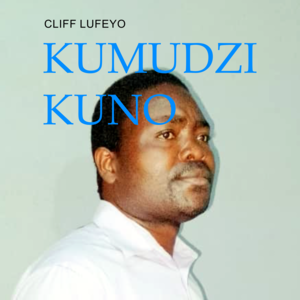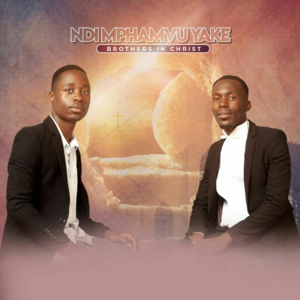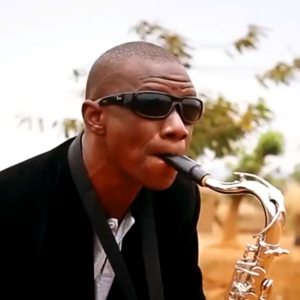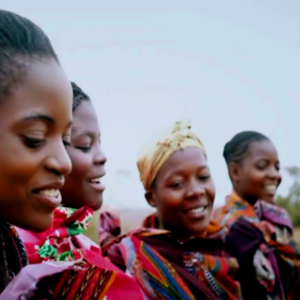A Malawian singer of Reggae songs

An emotional exploration of origin, identity, and growth that navigates the soft tension between simplicity and the allure of infinite growth. It deliberately uses a soft point of view to diminish that tension into your subconscious.
Our journey in life begins somewhere less complicated before exposure slowly diminishes what once felt like the big things as you climb the mountain. Some embrace simplicity and the boundaries of what’s familiar by choice or because it’s the only world they ever knew. And others embrace a broader outlook and the expansive vistas they aspire to explore in search of a nuanced identity – either because they don’t want to confuse surrender with contentment or because they are not aware that you can have or be anything in life as long as it’s not EVERYTHING.
Despite stepping on a few toes (including my own) with some mean undertones, it has enough soft language around it to turn everything into a light-hearted conversation that emphasizes the music.
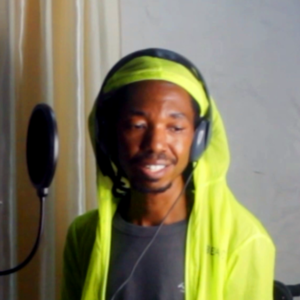
Fueled by a deep passion to share the gospel with as many people as possible, she turned to music, believing it would offer a broader platform to spread the message far and wide, beyond what could be achieved through gathering people alone.

Kuthokoza Mulungu pa zomwe wakhala akuchita ndi kuti apitilize kukhala ndandizo lodalilika


With a poetic, conversational style, it captures a rich cultural narrative while addressing themes of morality, social dynamics, and relationships in a unique, storytelling approach, blending direct advice with vivid imagery. The song employs symbolism (such as comparing behavior to "hyenas from Ntcheu") to critique destructive tendencies like infidelity and malicious interference in marriages.
The reference to stray hyenas in Ntcheu acts as a metaphor for individuals who "wander" destructively, causing harm to relationships and social harmony. Hyenas, known for scavenging, parallel people who thrive on disrupting others' lives.
The song promotes traditional values such as obedience to parental advice and fidelity in marriage while warning against divisive behavior and reliance on superstitions like love potions. There's a critique of gossip and those who "wander", taking pleasure in the downfall of others' marriages, urging listeners to focus on their own lives instead of sowing discord.
Songs like these not only entertain but also serve as tools for moral teaching and cultural preservation. They reflect societal values and act as a mirror to community dynamics, making them timeless treasures in Malawi's musical heritage.

A Malawian singer of Reggae songs

Imagine Egypt without the pyramids or France without the Eiffel Tower. Creatives—artists, writers, innovators, philosophers, and designers often navigate a world that underestimates their impact. To many, their work seems insignificant or unconventional, but these individuals drive subtle yet profound changes that propel humanity forward.
This song highlights the often-overlooked contributions of these visionaries and the societal consequences of either obstructing or supporting their work. It makes a heartfelt plea to remove the contemptuous barriers they face, advocating for an environment where their ideas can thrive.
With a strong narrative and emotional depth, the song underscores that many of the comforts and advancements we enjoy today—from technology to culture—stem from the creativity of those who were not always welcomed but whose innovations improved our lives. It confronts the suppression of groundbreaking ideas, reminding us that stifling creativity not only affects the individuals involved but also shapes how a nation is perceived on the global stage.
Overall, the song is a compelling call to support and celebrate creativity for the greater good.
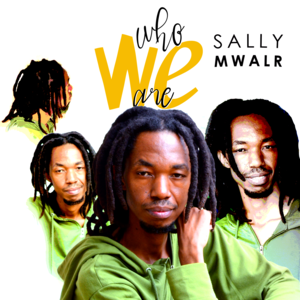

Heartfelt song that embraces the beauty of life, acknowledging both its challenges and its joys.
It reflects resilience and gratitude, celebrating the human spirit's ability to endure and thrive through hardships while cherishing the good times.
With uplifting lyrics and a soulful melody, the song serves as a reminder to stay positive and appreciate every moment, no matter the circumstances.

Fueled by a deep passion to share the gospel with as many people as possible, she turned to music, believing it would offer a broader platform to spread the message far and wide, beyond what could be achieved through gathering people alone.

Translating to "Hurry," is a heartfelt, impassioned prayer and a plea for help, directed to Yahweh (God). It expresses deep visual desperation and longing for God's immediate intervention in the face of intense adversity and personal threat. The repetition of the word “hurry” throughout the chorus underscores the sense of urgency and desperation in the plea, emphasizing the emotional weight of the situation made vivid with imagery.
The verses vividly describe the threats the singer faces—traps set to harm them, malicious intentions, and dark plans by those who wish them harm. These enemies are depicted as finding joy in the singer's suffering, underlining the personal nature of the struggle. There's also an explicit mention of these adversaries' inhumane actions, highlighting the evil intent they harbor.
With a strong recognition of God's power, it cements its message with a call for Divine Justice. An upbeat female delivery of the song makes the topic consumable with so much ease.

A Malawian singer of Reggae songs

Powerfully conveys a message of empowerment, self-belief, and the importance of making conscious choices in life. It encourages listeners to overcome challenges, have faith in themselves, and trust in a higher power.
Overall, the song has a positive and motivating message that can resonate with a wider audience seeking inspiration. The blend of languages and cultural references adds uniqueness and depth to the song and make it more relatable.
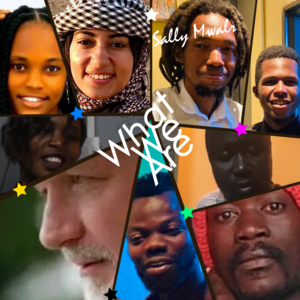
A Malawian singer of Reggae songs

It can be so hard for parents (especially fathers) to watch their girls turn into women.
A poignant and heartfelt exploration of the emotional journey parents go through as they watch their daughters transition from girls into women. Depicts a touching narrative where a daughter expresses her desire for independence and to start her own family, leaving her parents with mixed emotions. The song captures the bittersweet moment when a young woman asserts her maturity and seeks her own path while her parents grapple with the nostalgia of her childhood. With a combination of sincere and emotional messages, the song evokes a deep sense of love, familial bonds, and the inevitable passage of time. It’s a beautifully crafted song that delves into the universal theme of growing up and leaving the nest, resonating with listeners who have experienced or witnessed such transitions in their lives.
Overall, the song unfolds a deeply emotional and relatable story of a girl's transition into womanhood, capturing the complex emotions experienced by both the daughter and her parents during this significant life change. It explores themes of love, growth, and the inevitability of children leaving the nest.
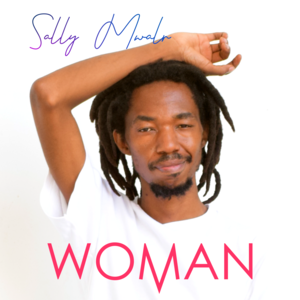

Nyimbo imeneyi ikungotiunikira kuti kulibe kothawira kulikonse komwe tingathe kuyizemba infa.
Ngakhale tipite kuchipatala koma moyo wamunthu udzazima ndithu ndipo kulibe kuyipewa.
Pamene tikupita kutsogolo ndimoyo koma kokathera kwake ndi infa ndithu.
Palibe adzadumphe dzenje la infa.



Former band member of MBC Hot Fingers' Makasu Young Generation, where he played as a vocalist and keyboardist. He gained widespread recognition with his hit song Dziko from his 2002 album Mtima Wanji. He has had the honor of sharing the stage with legendary artists such as the late Lucky Dube, Ziggy Marley, Rita Marley, and Oliver Mtukudzi, among others.

Reflects on the inequalities and dualities of life, offering a soft commentary on the contrasts of life.
With a contemplative tone, it first highlights stark inequalities in life and material possessions. While some people enjoy abundance, others lack basic needs. This contrast sets the tone for the song's exploration of life's inherent contradictions and continues to explore the theme of duality, showing that while some people are thriving, others are struggling. The juxtaposition of joy and sorrow underlines the unpredictable and often unjust nature of life.
It continues to broaden the scope, touching on disparities in wealth, freedom, and life's stages. The imagery of people building houses while others dig graves is particularly striking, symbolizing the simultaneous creation and destruction that characterize human existence.

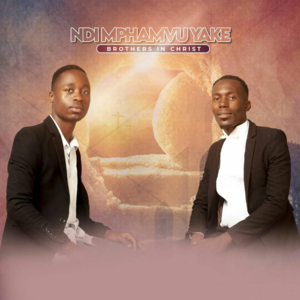
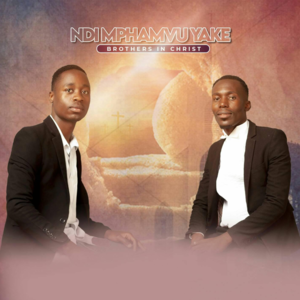

Explains devastating impacts of famine and became an anthem during the Malawi 2001-2002 famine, resonating deeply with Malawians as both a lament and a call to action. Its timeless message continues to educate and inspire, becoming an anchor point to that moment in the country.
Portrays famine as a merciless force, likened to an enemy or pandemic, leaving people physically and emotionally drained. Lines like “the stomach went back connecting with the back” and “eyes hollowed into the skulls” offer a stark picture of suffering.
It also criticizes systemic failures, including corruption and profiteering, particularly in how maize was distributed through government programs.


